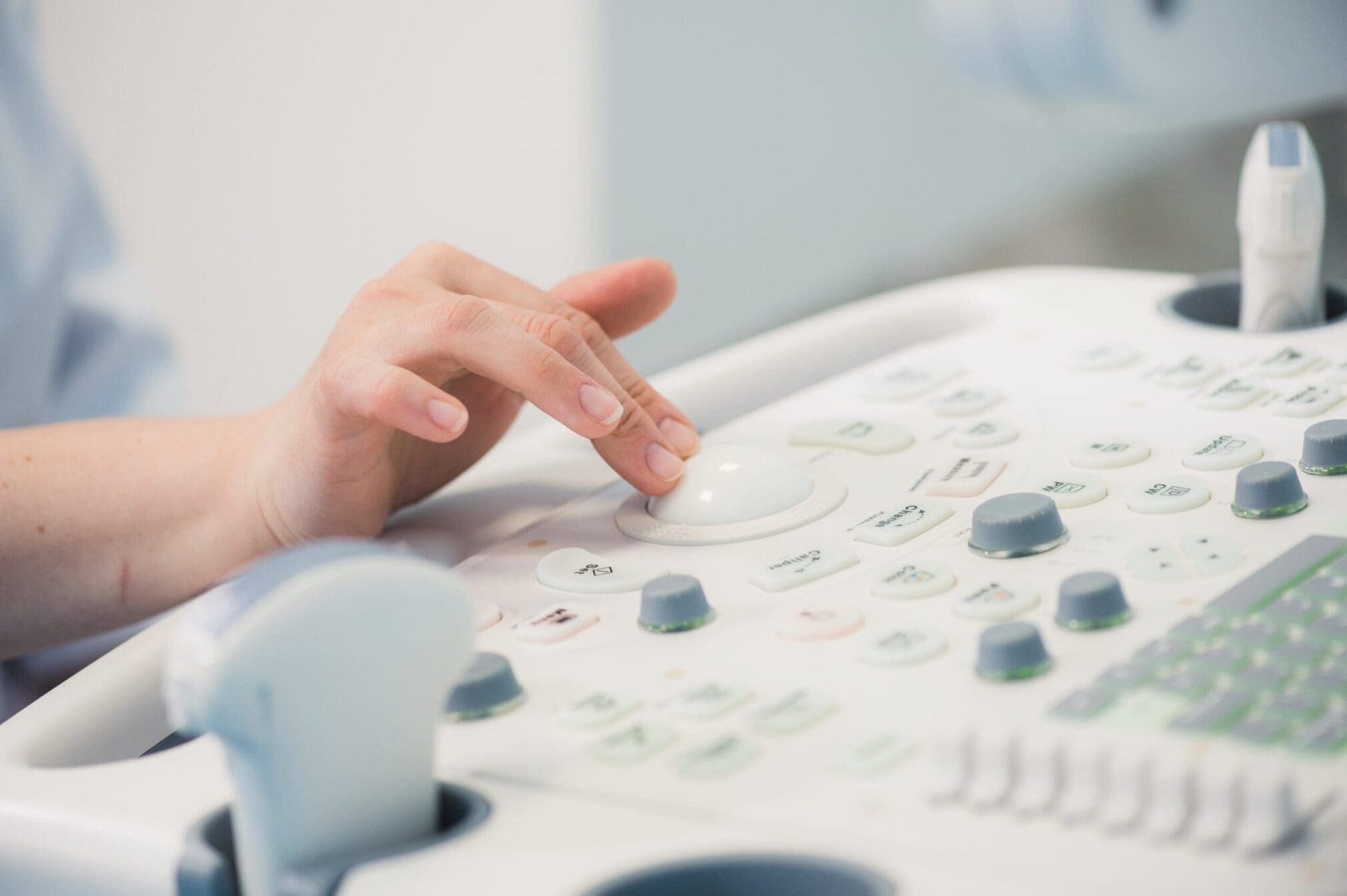The Medical Device Coordination Group (MDCG) has issued a guidance document, which is listing options for supporting the production and/or placing on the EU market of ventilators in the context of COVID-19 pandemic, indicating their feasibility to allow short-term supply.
As ventilators and their accessories are currently regulated under the Council Directive 93/42/EEC (MDD), they must meet the essential requirements set out in Annex I of the MDD and, in order to be placed and circulate within the EU, these devices must go through the conformity assessment procedure laid down in the provisions of Article 11 of the MDD.
In offering a better overview of this type of devices, the document starts by listing the categories and classes of ventilators and their accessories as follows:
Ventilators are breathing support devices and, according to their intended use and characteristics, they can be classified as:
- Ventilators for critical care;
- Home healthcare environment ventilators for ventilator-dependent patients;
- Ventilators for emergency and transport;
- Anesthetic ventilators.
The accessories ‘connect’ the ventilators to the patients, by allowing the machine to help the patient’s breathing. For this matter, it is extremely important to prove the compatibility of the accessories with the ventilator. Accessories are treated as medical devices on their own and, as such, can be placed on the market individually. They are normally divided into the following categories:
- Breathing systems and circuits, such as:
– Circuits;
– Connections/Adapters;
– Tubes;
– Nasal cannulas for O2;
– Masks or helmets for non-invasive ventilation;
– Air compressors; - Nebulizers;
- Humidifiers and filters;
- Monitoring accessories, including alarms, in-built safety features.
When it comes to their classification, considering the degree of invasiveness and the setting in which they are used, ventilators can be classified as Class IIa or Class IIb in accordance with rule 11 (or rule 9) of Annex IX under the MDD. Accessories are classified individually in accordance with rule 2 or 5 of Annex IX under the MDD, as Class I, IIa or IIb.
This guidance document presents several regulatory options available for supporting production or placing on the market of ventilators. The main idea of each one is presented below:
- Supplying parts, components or the finished devices to medical devices manufacturers currently placing ventilators on the market, meaning that certain producers (e.g. not currently acting in the medical device field) can support the production of ventilators, which are already lawfully placed on the market by a legal manufacturer. This can be done by providing parts, components or even the finished device, therefore becoming suppliers or subcontractors of the legal manufacturer;
- Derogation procedure – placing on the market authorised by the relevant authorities of one Member State in the interest of public health, meaning that, by national derogation, the Competent Authority of one Member State may decide to allow the placing on the market of devices in the interest of the protection of health, even if the applicable conformity assessment procedures have not been yet initiated or finalized. The Guidance on medical devices, active implantable medical devices and in vitro diagnostic medical devices in the Covid-1 context can be consulted for further details;
- Manufacturing of the finished device by a producer that was not previously placing ventilators on the market, this means that the producer will become the legal manufacturer by entirely manufacturing the device and placing it on the market under its name. By doing so, the manufacturer will need to fulfill all requirements of the MDD laid down in Annex I.
The above listed regulatory options for supporting production or placing on the market of ventilators are thoroughly detailed in the actual guidance document, which we invite you to read for a deeper understanding of the proposed possibilities.
If you wish to know more about the Medical Device Directive or Regulation and the novelties therein, please do not hesitate to contact us.
Bianca Sofian
Junior Consultant, Regulatory Affairs & Quality Assurance Department
12/05/2020
Obelis Expert Consultants, with more than 30 years of experience with EU Regulations, will gladly answer any question you may have and will assist you in safeguarding your products’ compliance.


